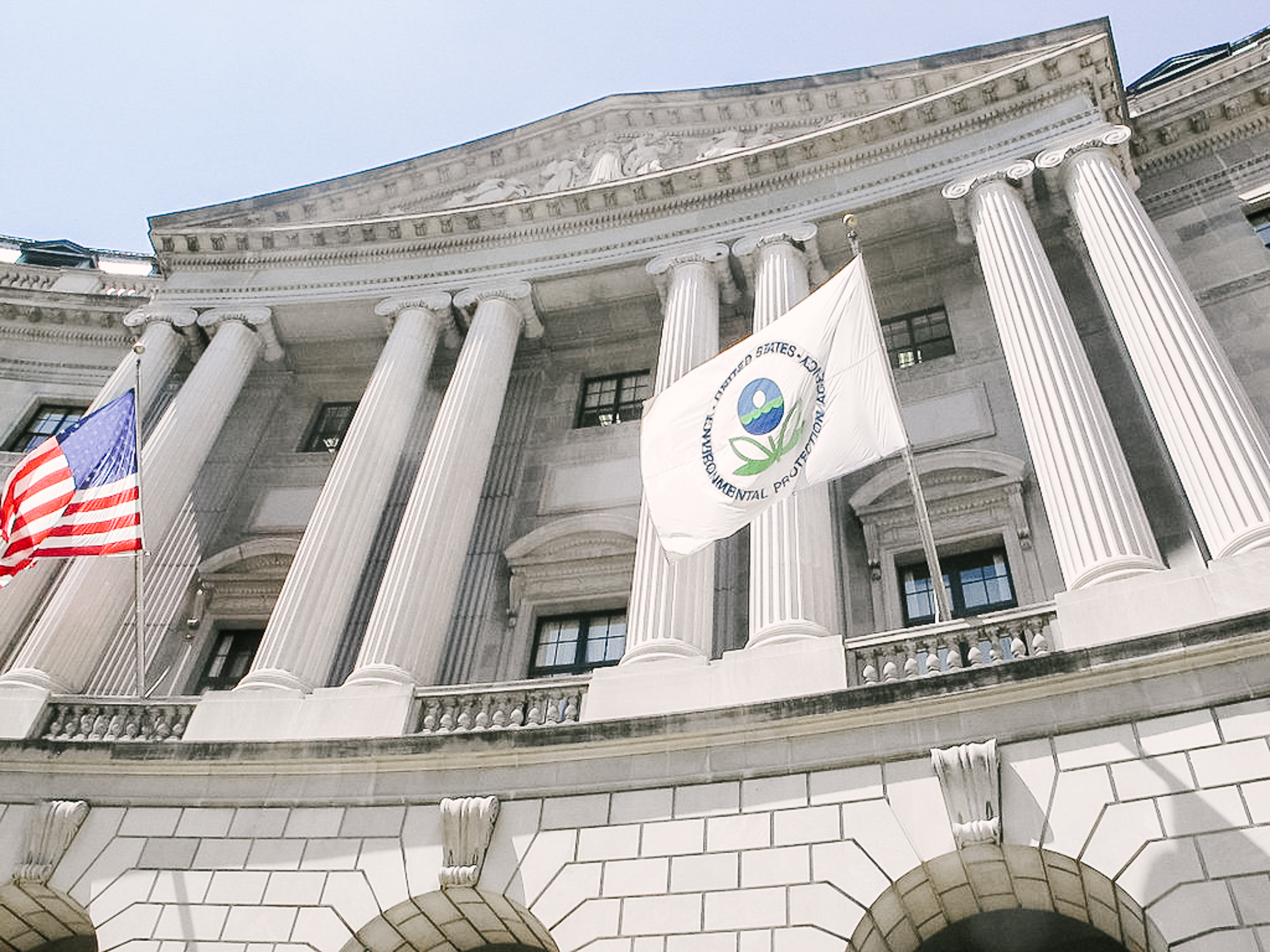Reporters Committee, 38 media organizations argue for revisions to EPA’s proposed FOIA policy

On July 9, the Reporters Committee for Freedom of the Press led a coalition of 38 media organizations in arguing against the United States Environmental Protection Agency’s proposed changes to its Freedom of Information Act regulations.
The EPA published what it contends to be “final” updates to its FOIA regulations on June 26. The media coalition is troubled, however, by the agency’s attempt to implement its proposed changes without an opportunity for public comment, which allows for a valuable “exchange of views, information, and criticism between interested persons and the agency,” according to the media coalition’s letter to the agency. Exemption from this public commentary policy is only permitted in extreme circumstances, which the EPA has failed to identify.
Moreover, the proposed updates to the EPA’s rules are themselves problematic. In the update, the EPA would allow for portions of a document to be redacted on the grounds that the information wasn’t “responsive” to the request. The coalition letter points out, however, that under clear and binding caselaw an agency cannot withhold portions of an otherwise responsive document as “non-responsive” if it is not exempt.
The EPA’s updated rule would also “allow” EPA senior EPA officials to unilaterally inform someone who requested public records that there are “no records” that pertain to their specific request. The coalition’s letter states that this provision requires clarification and further explanation from the agency about the circumstances in which a “no records” response could be used.
Finally, the EPA’s changes would allow political appointees — not just the agency’s FOIA officers — to make judgement calls about records requests. The media coalition argues that allowing “political appointees to claim that portions of a document are not responsive to a FOIA request or are exempt from disclosure could encourage politicized, arbitrary, and otherwise unlawful handling of FOIA requests.”
The coalition letter references an instance in which appointees suggested withholding information from a New York Times reporter about head injuries at the U.S. Military Academy. An Army document later revealed that the information was withheld in an effort to secure a more favorable story from a different news outlet first. This example cited in the letter illustrates the need for a commentary period. The public to “should have an opportunity to explain why granting political appointees authority to override the FOIA decisions of career FOIA officers undermines the Act and should not be implemented,” the letter states.
The proposed changes to the EPA’s FOIA regulations disregard the public’s right to know, and therefore needs a commentary period so the proper revisions could be made.
Read the Reporters Committee’s letter to the EPA.
The Reporters Committee regularly files friend-of-the-court briefs and its attorneys represent journalists and news organizations pro bono in court cases that involve First Amendment freedoms, the newsgathering rights of journalists and access to public information. Stay up-to-date on our work by signing up for our monthly newsletter and following us on Twitter or Instagram.